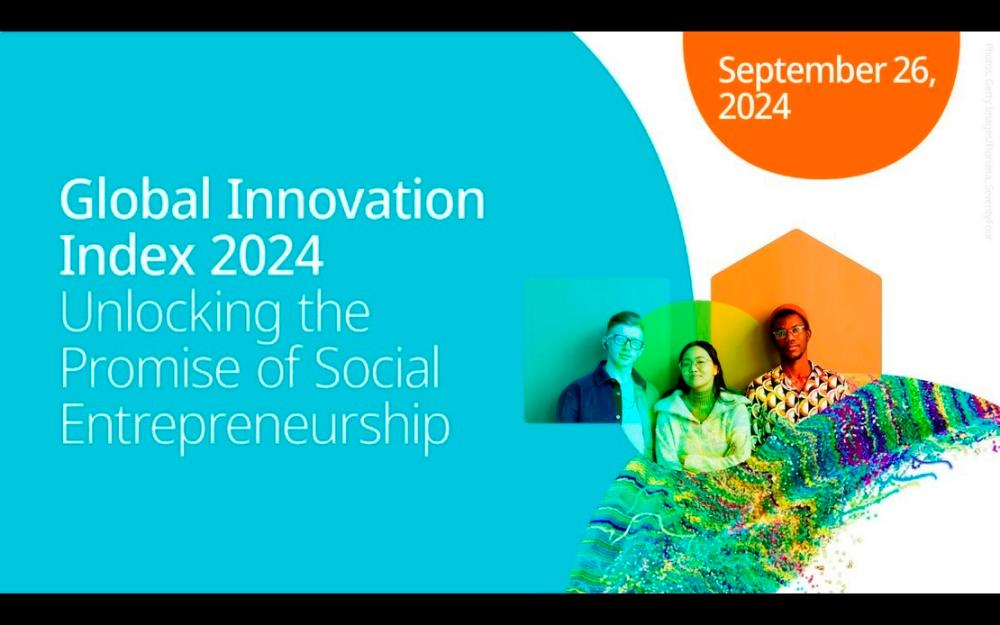PETALING JAYA: Malaysia ranked 33rd out of 133 countries in the 2024 Global Innovation Index (GII) – the highest achievement since 2016.
Science, Technology, and Innovation Minister Chang Lih Kang said improved the ranking is a testament to the Malaysia Madani government’s commitment to building a strong and synergistic innovation ecosystem.
“Our improved international ranking demonstrates our ability to compete globally, particularly in the fields of science and technology.
“This is also the result of the coordinated efforts of all ministries, agencies, and other stakeholders through the Inter-Agency GII Competitiveness Monitoring Committee, established in 2021 under Mosti,” Chang said at a media conference today.
This is an encouraging improvement as Malaysia had remained stagnant at number 36 for three years (2021 to 2023), he added.
“Now, in 2024, we’ve risen to 33rd, and our goal under the 12th Malaysia Plan is to break into the top 30. We are hopeful that by next year, in 2025, we will secure a place in the top 30,” said Chang.
He added that the GII, issued by World Intellectual Property Organization, is an important index used by countries and multinational companies to assess innovation ecosystems and aid in policy making and investment decisions.
Malaysia managed to strengthen its overall position but also maintained performance in several key areas.
The country remains second in the most innovative countries category for upper middle-income countries and continues to rank first in three critical sub-indicators: graduates in science and engineering, high-tech exports, and creative goods exports.
In addition, Kuala Lumpur broke into the list of the Top 100 Science and Technology Clusters in the world for the first time, ranking 93rd.
However, Chang said that despite this achievement, Malaysia must continue to increase investment in research and development (R&D).
According to the latest data, he said. Malaysia’s gross domestic expenditure on research and development (GERD) is at 1%, far behind developed countries such as South Korea (4.93%) and Japan (3.41%). “These are the percentages of developed countries where they invest heavily in R&D. We need to improve in this area.”
To reach the goal of being in the top 30 countries by 2025, Chang said, Malaysia needs to boost R&D investment, with the government expected to invest around RM26 billion annually and the private sector about RM60 billion to achieve a GERD target of 3.5% by 2030.
Looking ahead, Mosti will launch the Malaysia Innovation Index (MII) in 2025, a platform that will measure innovation levels in each state, allowing for targeted interventions to strengthen innovation ecosystems nationwide.
“This achievement is an important step towards becoming a world-class innovative nation. However, our efforts cannot stop here. We must continue to explore and invest in innovations that can translate into sustainable and continuous progress to achieve the goals of the Madani Economy,“ said the minister.









